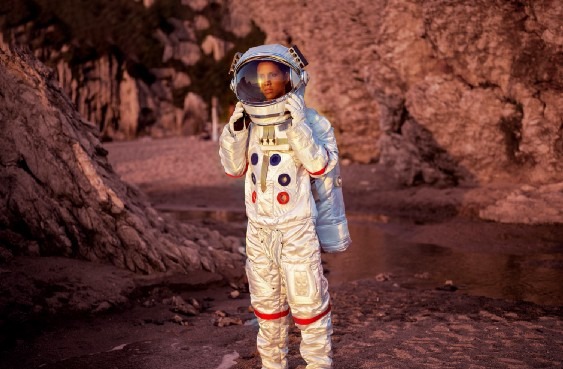
With mankind having conquered the moon, next on the space race is Mars. The 4th planet from the sun which can be easily seen from the earth with the naked eye, as a red dot in the night sky, carries huge potential to sustain life and possesses lots of minerals. With the Earth getting affected by global warming, climate change, and pollution, there are also huge problems for mankind like overpopulation and depleting resources. This makes Mars the destination for a fresh start for mankind. The idea of traveling to space and living on Mars fascinates both kids and grown-ups alike. Humans settling on the red planet is the dream of many visionaries like Elon Musk and Jeff Bezos, who see Mars as the future home. While there have been numerous missions to Mars, we still have a long way to go in having a human settlement there.
There are plenty of problems that need solving before we can even send a manned crew to mars: it takes 7–12 months to reach Mars, the gravity is lower than earth’s, the radiation from the sun is harmful, the environment is too harsh to survive with winds reaching up to 400Km/h, etc. Settlement on Mars will require terraforming the planet for which we do not possess the tools to achieve it, yet. We are limited by the technology of our time. However, all hope is not lost; with the exponential rate at which our technology is evolving, we can be sure that the next generation will possess the knowledge and the tools to achieve mankind’s dream.
But, there’s a problem there too. Our kids despite possessing an insatiable curiosity to learn about space and life on Mars do not have anyone to guide them in learning space science. Provided the right push in the right direction, your kid who spends all his free time watching cartoons and keeps pestering you for the new Playstation 5, could hold the key to solving the problems of settling on Mars.
The Young Astronomer Program by Labrynthe is designed to give your kids the basic fundamental knowledge required for a head start towards settling on Mars. The 5 week series of comprehensive and interactive online sessions will be facilitated by expert astronomers for the kids aged between 4–18. Along with an informative workshop, your kids will get hands-on experience using our DIY kits and earn an e-certificate on course completion.

